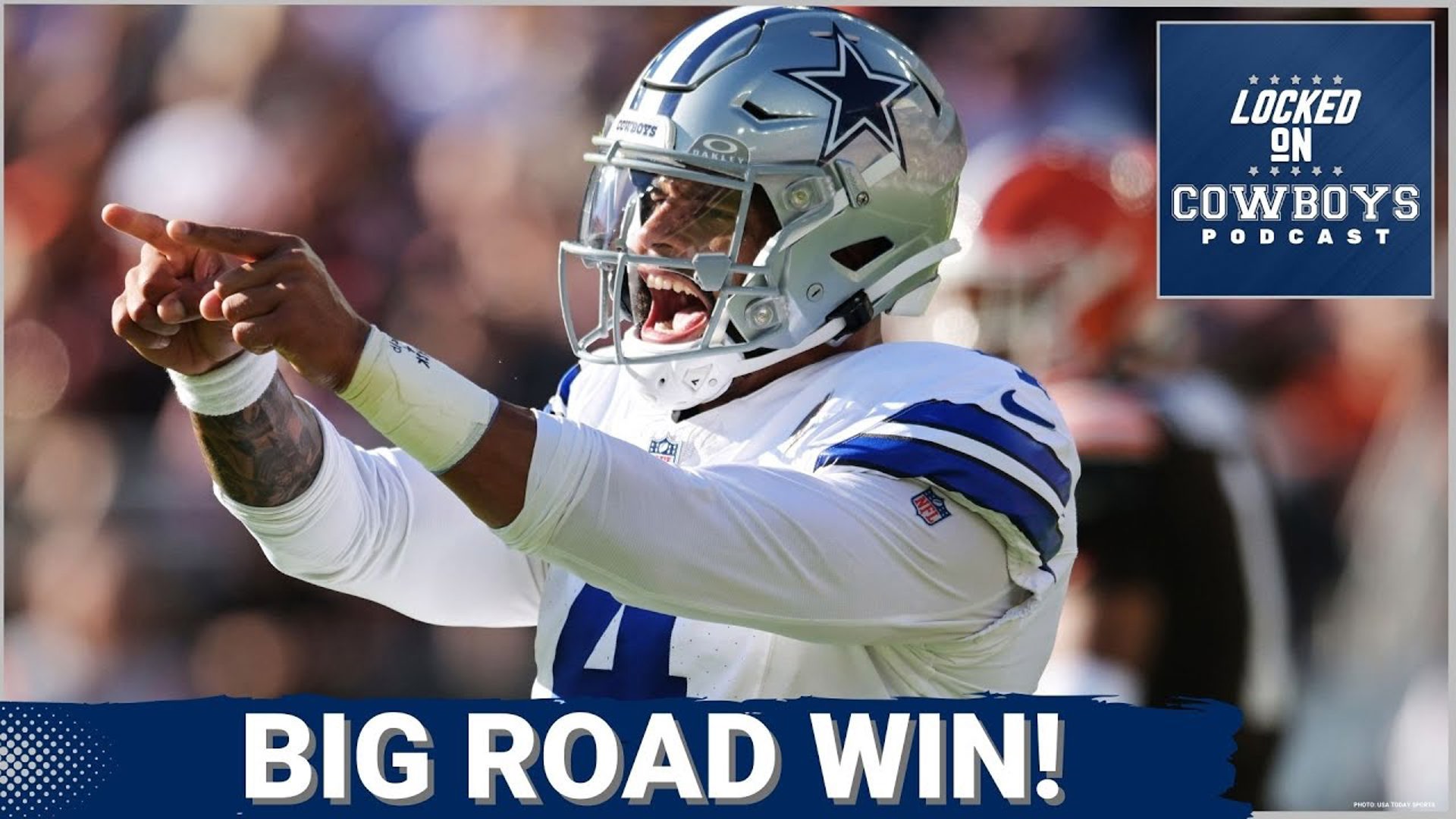DALLAS — On Feb. 25, 1989, the Dallas Cowboys faced an inflection point.
The overwhelming majority of Dallas’ then-29-year history was a model for consistency and excellence filled with thrilling victories and larger-than-life personalities. The Cowboys’ rise to the top of the NFL ranks was meteoric. Five years after their formation in 1960, Dallas began a historic streak of 20 straight winning seasons, a stretch that included two Super Bowl titles in five appearances, seven conference titles and 12 division titles.
Legendary head coach Tom Landry emblazoned his iconic, fedora-outlined silhouette into the hearts and minds of Cowboys fans everywhere, spearheading a triumvirate of football savants alongside president and general manager Tex Schramm and vice president of player personnel Gil Brandt. Together, those three constructed a dynamic roster featuring Hall-of-Famers like Roger Staubach, Bob Lilly, Drew Pearson and Randy White. At the height of their collective powers, the Cowboys were branded by the NFL Media as 'America’s Team.'
The late 1980s were a different story altogether.
Those glory years all but vanished after a 20-0 loss to the Rams in the 1985 Division round. Dallas spiraled from 7-9 to 3-13 over the course of the next three years, and by the time 1989 rolled around, uncertainty clouded the future of the team.
Then an Arkansas maverick oilman brought clarity.
Jerry Jones had long desired owning an NFL franchise and sought to purchase the Cowboys. His financial advisors begged him not to make the deal, but he could not be dissuaded, and Jones agreed to buy the team from H. R. “Bum” Bright for $140 million on Feb. 25, 1989. North Texas history and NFL history would never be the same.
“This is a new era for the Cowboys,” Jones said at his introductory press conference. “I intend to have an understanding of the player situation. I intend to have an understanding of jocks and socks.”
Jones infused a bold, brash new energy into the franchise, but that approach quickly angered the fanbase. On the very same day, Jones unceremoniously fired Landry.
“It’s very, very sad,” Schramm said in the aftermath. “It’s tough when you break a relationship we’ve had for 29 years.”
“Like I told the players, this is the first day of the rest of my life,” Landry said. “I don’t worry about the past.”
Soon, Schramm was shown the door as well, and Jones assumed complete control of the Cowboys as the team’s new president and general manager. Jones has since apologized for the way the firings were handled, but at the time, his eyes remained fixed firmly on the future, and Landry’s replacement more than made up for the transgressions. Future Hall-of-Famer Jimmy Johnson was promptly hired as the second head coach in Cowboys history.
“I just want to say, please give us a chance,” Johnson said at his introductory press conference. “We’re going to give it everything we’ve got.”
Together, Jones and Johnson needed only four years to return the Cowboys to Super Bowl glory. Hall of Fame players littered the roster in the early 1990s, headlined by the famed "triplets" Emmitt Smith, Troy Aikman and Michael Irvin. Dallas became an NFL dynasty, winning three championships in a four-year span, and appearing in four straight NFC Championship games.
While the team was excelling on the field, Jones was excelling in the business realm. Jones’ creative media rights and sponsorship deals generated billions of dollars for himself and his fellow NFL owners. For his impact on the Cowboys and the league, Jones was inducted into the Pro Football Hall of Fame as a member of the Class of 2017.
Jones struck gold with that initial $140 million investment. The Cowboys have grown exponentially in prestige and influence, blossoming into the most valuable sports franchise on the planet currently valued at $10 billion.
On Feb. 25, 1989, 'America’s Team' was truly reborn.

